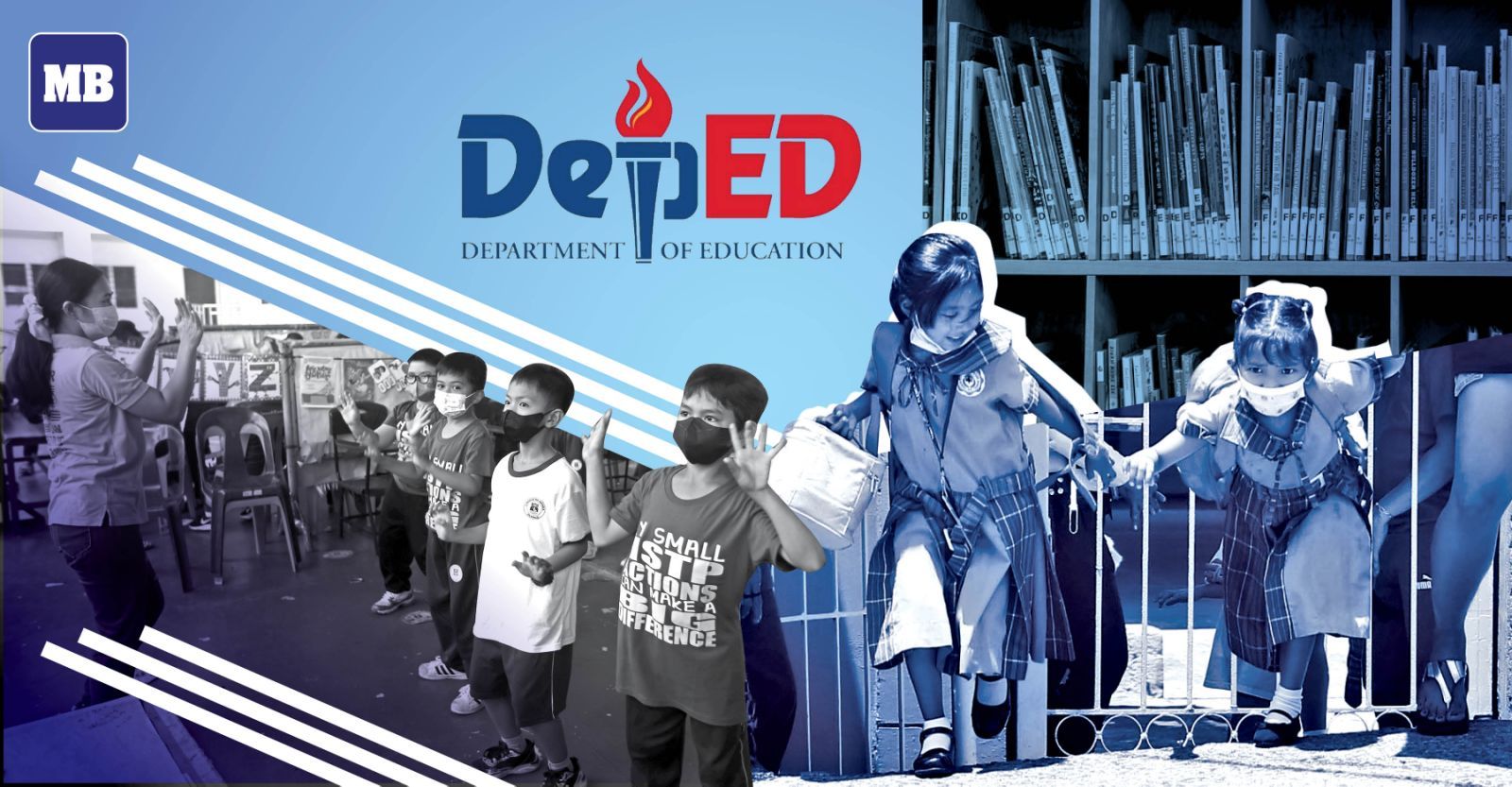DepEd leads signing of ARAL implementing rules and regulations
The Department of Education (DepEd) led the ceremonial signing of the Academic Recovery and Accessible Learning (ARAL) Implementing Rules and Regulations (IRR) on Monday, Dec. 16.

Held at the Philippine International Convention Center (PICC) in Pasay City, the IRR signing took place months after the passage of Republic Act No. 12028, also known as the ARAL Program Act, in October.
READ:
https://mb.com.ph/2024/10/18/dep-ed-welcomes-aral-law
The ARAL program aims to provide a free and effective national intervention mechanism for students struggling with their lessons, especially in reading, mathematics, and science, to attain competencies set by DepEd.
“Today marks a transformative milestone for our education sector,” said Senate Basic Education Committee Chairperson, Senator Sherwin Gatchalian, during the IRR signing.
Gatchalian added that the signing of this IRR “symbolizes hope and opportunity,” as it is a “concrete step to deliver our commitment to impart knowledge from qualified tutors to recovering learners in well-systematized tutorial lessons with an army of teachers.”
House Basic Education Committee Chairperson and Pasig lawmaker Roman Romulo also noted that the signing of the IRR is “integral to the one objective that we all want: quality education.”
For his part, DepEd Secretary Sonny Angara stated that the signing of the ARAL IRR will help address learning loss and ensure the program’s implementation.
“Rest assured to our legislators that we will work very closely with them in ensuring that the spirit and the letter of the law are respected and followed, and we will really improve the foundational learning skills of our learners, as this is the intent of the law,” Angara said.
Learning recovery
In his speech, Angara extended his gratitude to lawmakers and advocacy groups for the passage of the ARAL Program Act.
“Your dedication, commitment, and hard work have brought us here today,” he said.
Angara also recognized individuals and groups “who provided input and poured efforts into shaping” the IRR.
“With the signing of the ARAL Act IRR, we are taking a major step to ensure that every Filipino child has the opportunity to recover lost learning and reach their full potential,” Angara said. “This law is our commitment to ending learning loss and making education accessible for all,” he added.
Angara noted that the ARAL Act will only be beneficial to the public if it is implemented well. “That’s why we’re here today—to set the foundation for effective execution that truly reaches every learner who needs it,” he added.
Key focus areas
Angara explained that the ARAL Program focuses on addressing the academic challenges faced by students, particularly in reading, mathematics, and science for Grades 1 to 10, as well as literacy and numeracy for Kindergarten learners.
“Our job is to ensure that these interventions are delivered efficiently and effectively, meeting the unique needs of students across the country,” Angara said.
“We must make sure that this program reaches every student who needs it, regardless of where they live or their circumstances,” he added.
Angara pointed out that the ARAL Program is not only about academic recovery but also about “providing holistic support by focusing on critical thinking and problem-solving skills.”
“As implementers, it is our responsibility to ensure the ARAL Program gives students not just knowledge but the confidence and resilience to thrive,” he added.
Angara noted that among the strengths of the ARAL Program is its flexibility.
“With face-to-face tutorials, online learning, and blended learning options, students can choose the best method that fits their needs,” he explained.
Angara, however, stressed that flexibility means “we must be careful in implementing these options properly.”
“We need to make sure that every mode of learning is accessible, effective, and tailored to the diverse needs of our learners, especially those in rural and underserved areas,” he added.
Given this, Angara said the success of the ARAL Program depends on collaboration.
“From teachers and para-teachers to local government units, private sector partners, and education experts, we all play a role in making this work,” Angara said.
Angara explained that while the IRR has set the path, “we must work together to ensure that it reaches its full potential.”
“The program will only succeed if we cooperate and share responsibility to ensure that every child benefits from this intervention,” he said.
Real work to begin
With the IRR signed, Angara said the real work is about to begin.
“The ARAL Program is not just about fixing what was lost—it’s about ensuring every student has a chance to succeed,” Angara said.
“We need to implement this program effectively, and we need to hold ourselves accountable to ensure that every Filipino learner is equipped with the tools to excel,” he added.